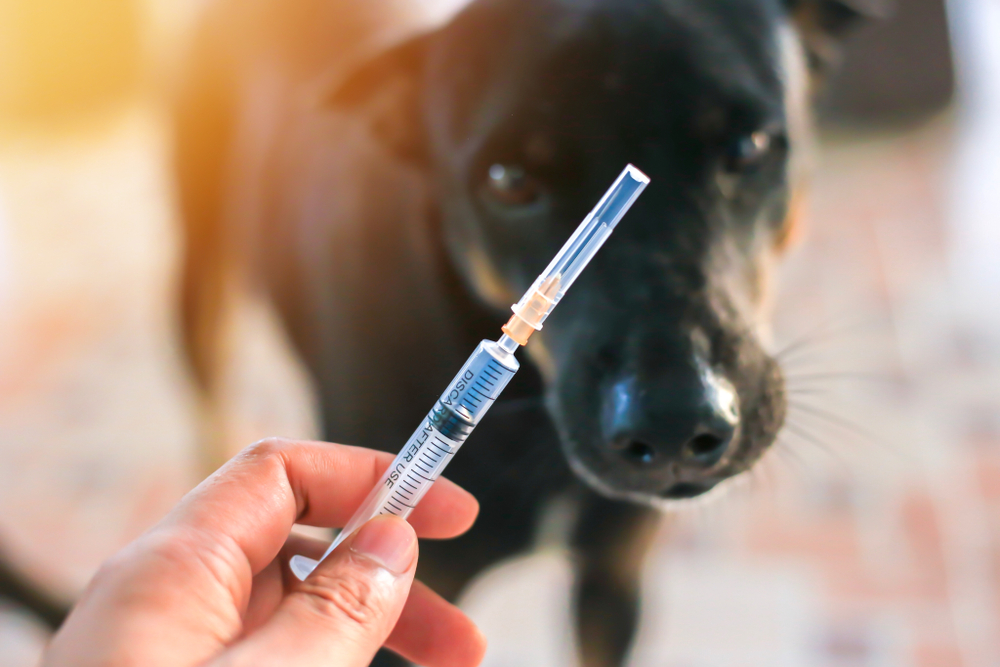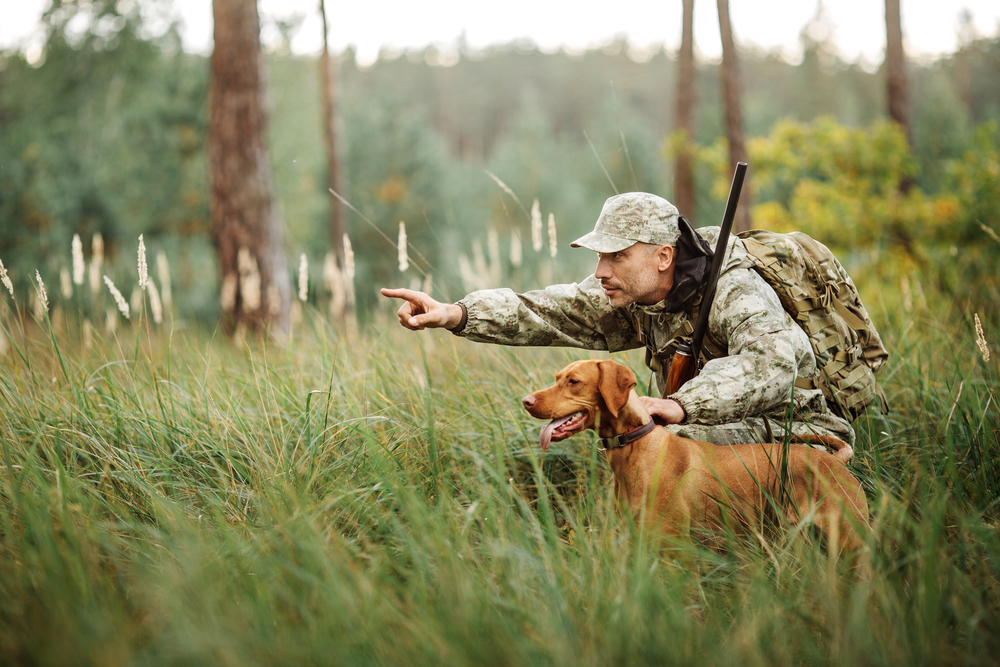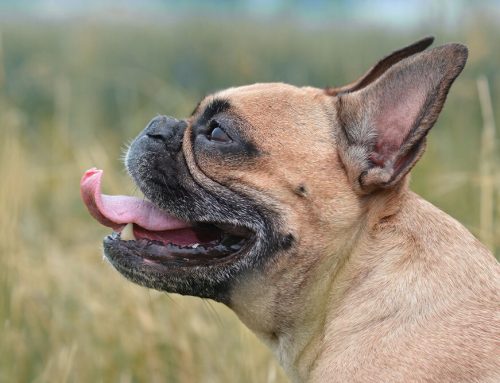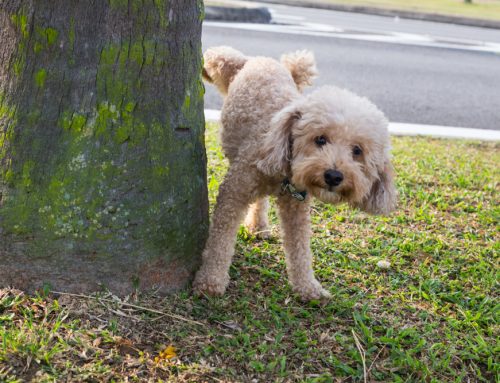Hunting season is in full swing, and whether you plan to hunt with your dog or you live in an area that hunters frequent, learn how to keep your pet out of harm’s way. Read our Creature Comforts Veterinary Service team’s tips to keep your four-legged friend safe during hunting season.
#1: Keep your pet on a leash
Hunting season is not the time for off-leash exploration, no matter how well-behaved or obedient your pet. During hunting season, you must always keep your pet securely leashed. Pets have a natural instinct to chase, and if unleashed, your pet might excitedly bolt to chase wildlife, which can inadvertently lead them into a hunter’s line of fire.
#2: Dress your pet in orange
High visibility is crucial to help ensure that hunters see your pet and recognize that your furry pal is not the prey they are pursuing. An easy way to help ensure your pet is not mistaken for wildlife during hunting season is to dress them in bright orange, a safety signal color for which hunters are always on the lookout. Outfit your four-legged friend in a high-quality, reflective vest or collar to ensure they are clearly visible against the outdoor environment’s natural colors.
#3: Avoid walking your pet in areas where hunting is permitted
Find out where hunting is permitted in your area, and avoid them during hunting season. Even if your pet is leashed and wearing high-visibility clothing, the safest plan is to steer clear of these areas altogether to minimize their injury risk. Walk your pet on well-populated, clearly marked trails, or stick to urban parks and residential areas.
#4: Ensure your yard is secure to help keep your pet safe
Your pet likely spends a lot of time in your yard, and the perimeter should be secure to keep them safely enclosed. Repair fence gaps, and missing or broken fence boards, and fill holes beneath the boards. Ensure fence gates stay closed and latched to prevent your pet from roaming free, especially during hunting season.
#5: Microchip your pet
Your pet should always wear a collar and tags, but these should be in addition to a microchip, the only permanent identification form. Pets who are frightened by loud noises, such as gunshots, may panic and bolt to escape the sounds. Our Creature Comforts Veterinary Service team can easily implant a microchip under your pet’s skin during a routine wellness visit. This tiny device stores your contact information, which can help ensure you and your pet are reunited if your furry pal gets lost. Once the chip is in place, you need to keep your contact information updated in the microchip registry.
#6: Watch your pet for stress signs
Hunting season’s sharp, loud noises and unfamiliar people and activities can stress pets. During this time, your four-legged friend may need some extra support to stay calm. Watch your pet closely for stress signs, which may include:
- Panting, pacing, or drooling
- Hiding, freezing, or trembling
- Excessive yawning or lip licking
- Clinging to people
- Attempting to run away or escape their home or crate
- Vocalizing
- Hypervigilance
- Refusal to eat or take treats
If your pet exhibits stress signs, you can help them cope. To help keep your furry pal calm during hunting season, follow these tips:
- Create a quiet refuge away from the noise — All pets, especially those with noise aversion, should have access to a safe, quiet spot where they can hide from noise and commotion. Ensure your pet has all the necessary resources in their safe zone, including a comfortable bed, treats, water, and toys. Also, providing your four-legged friend with clothing you’ve recently worn will help them feel comfortable, and a food puzzle toy will distract them from outside noises.
- Mask the noise — Tune the television to your pet’s favorite show or play music to help mask the outdoor commotion.
- Use calming tools — Try wrapping your furry pal in an anxiety vest (i.e., ThunderShirt), which provides gentle pressure around their torso, decreasing stress. Spray pheromones, such as Adaptil for dogs or Feliway for cats, around your home. These can also help calm your pet.
#7: Protect your pet from parasites

Finally, ensure your pet is up-to-date on all vaccinations and has been receiving monthly parasite preventives before heading outdoors during hunting season. Tick-borne diseases can be prevalent in the fall and early winter, so regularly check your dog’s fur for ticks, especially after spending time in grassy, wooded areas. If your pet is not on a parasite prevention plan, our team will recommend safe and effective products to suit your pet’s needs and preferences.
Hunting season poses potential hazards to pets, but by staying aware, making preparations, and taking precautions, you can keep your furry friend safe while still enjoying the great outdoors. To have your pet microchipped or schedule their annual wellness exam, contact our Creature Comforts Veterinary Service team.







Leave A Comment